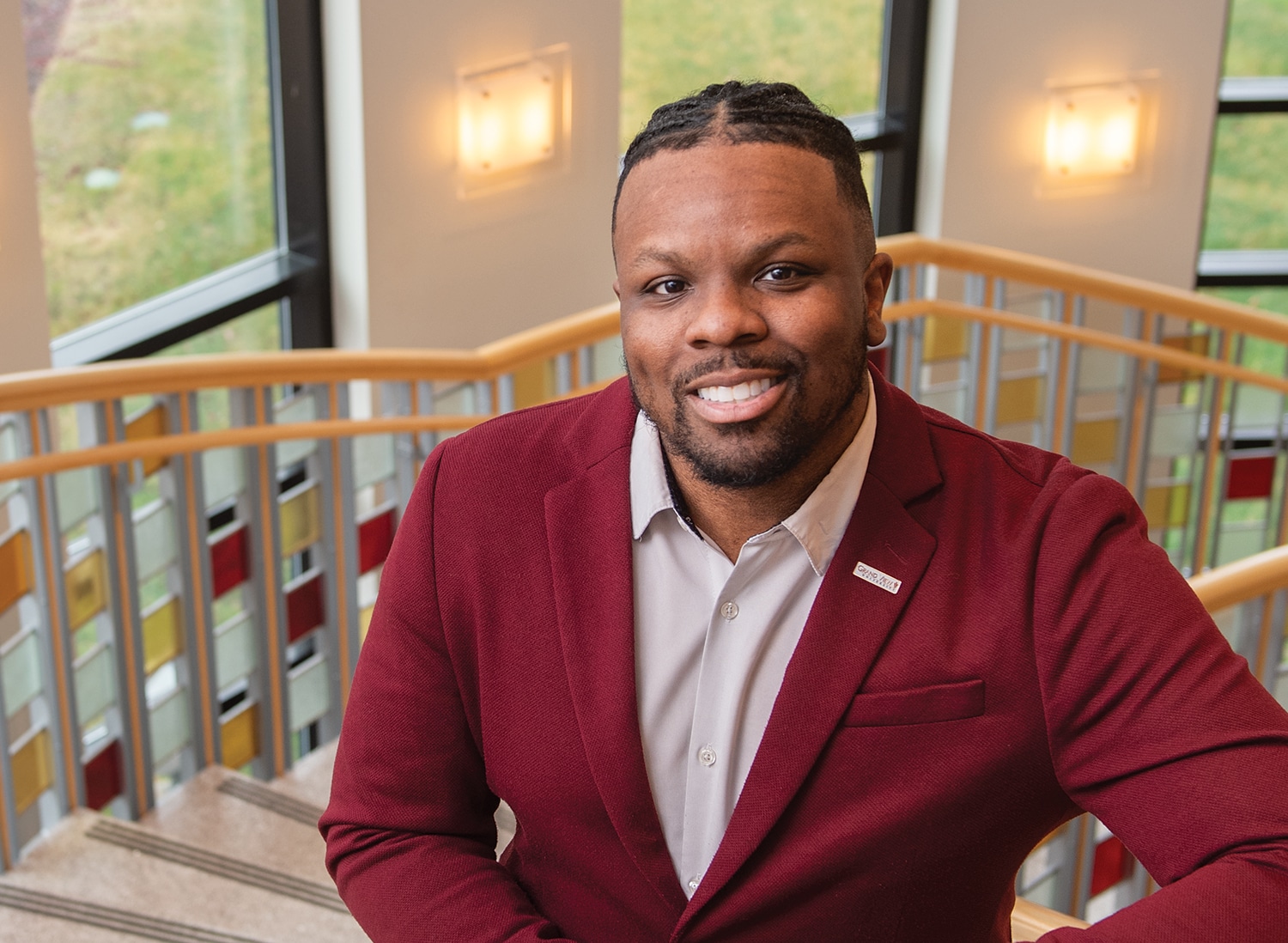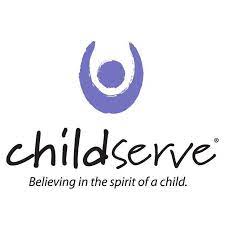Serving the ‘continuum of workforce’ at the Jacobson Institute
4 questions with Skylar Mayberry-Mayes

Sarah Diehn Jun 18, 2024 | 11:04 am
3 min read time
777 wordsAll Latest News, Education, Workforce DevelopmentWhen Skylar Mayberry-Mayes joined the Jacobson Institute at Grand View University as executive director, he redeveloped the organization’s mission so its training and education serves people across the full “continuum of workforce.”
“The focus now is really on preparing, producing and pivoting a future-ready workforce … Those who are entering into the workforce, those who are already in the workforce but looking to produce at levels that are expected and those who are considering pivots in their careers,” Mayberry-Mayes said.
Based on Grand View’s campus in Des Moines, the Jacobson Institute is often externally facing, providing customized education for business and community organizations and engaging with leaders to develop its online learning opportunities.
During a recent Closer Look interview on his career journey, Mayberry-Mayes also shared insights into workforce attraction, retention and development through the lens of his role with the Jacobson Institute. His responses have been lightly edited for clarity.
How does your experience in corporate roles translate to this role and provide insight as you build a program centered around the workforce continuum?
I have a few statistics I think would be helpful in articulating some of this. There was a study done by McKinsey & Co. that shared that one in 16 employees will be expected to shift in their career before 2030. That’s really agnostic to industry, but it’s truly driven by technological advancements, automation and many other things. The Jacobson Institute is positioning itself to be able to support those populations of employees and that’s probably for that pivot population.
Another statistic is 86% of organizations stated that there’s a need for new skills-based learning models, and that’s what the Jacobson Institute is offering for those employers or those employees who have an interest in continuing to grow within their career and develop and gain new skills and reskill. Everyone’s not always interested or positioned to go back to school for a full degree, so the Jacobson Institute offers bite-sized learning options and opportunities for those populations as well.
The last one I would offer is that high-skilled job growth is expected to rise, possibly exceeding 50% of the workforce in the next decade. So how are we ensuring that those who are in the workforce are able to truly produce and perform at levels that are expected with the future-ready workforce?
Can you tell me about your doctoral research and what you learned about employee attraction and retention?
My research focus was on corporate social responsibility and career experiences, and what was found within that research was that the population of my participants unanimously shared that it is important to them, both from an attraction and a retention standpoint, that there are continued learning opportunities within the workplace. Those can be both formal and informal, but it’s critical for them as they seek out new opportunities and as they consider if they retain with those employers. As this mass exodus of baby boomers continues to retire out of the workforce, it becomes more challenging for employers to attract and retain talent. This is one of the competitive advantages businesses can have by partnering with an organization like the Jacobson Institute, like Grand View University. It allows them to have something in their pocket to attract and retain this high level of talent to their organization to backfill some of the talent that’s going to be leaving.
Were generational differences in attraction and retention part of your research?
My research was specifically on millennials, but those drivers that attracted and retained millennial talent were different from previous generations. In previous generations, continued learning opportunities were important, but there wasn’t a lot of research that necessarily connected it to being a pivotal decision-making factor, whereas with millennials, it was a pivotal decision-making factor. The other thing I would say is that my participants shared that salary is important, but it’s becoming less important while things like flexibility and continued learning in the workplace become more important.
What is one of the biggest lessons you’ve taken away from your career so far?
Throughout my career, I realized that organizations can be complex, and subject-matter experts exist a lot within organizations, but there are some skills that all employees could benefit from within an organization, and for me, it’s important that those employees who want those skills and have a desire to have those skills have access to them. Being in the financial services industry, having a bachelor’s degree in finance and having the MBA certainly served me well, but my ability to communicate with confidence, my ability to have an executive presence, my ability to understand leadership dynamics and influence were of equal benefit to my career.

Sarah Diehn
Sarah Diehn is editor at Business Record. She covers innovation and entrepreneurship, manufacturing, insurance, and energy.











